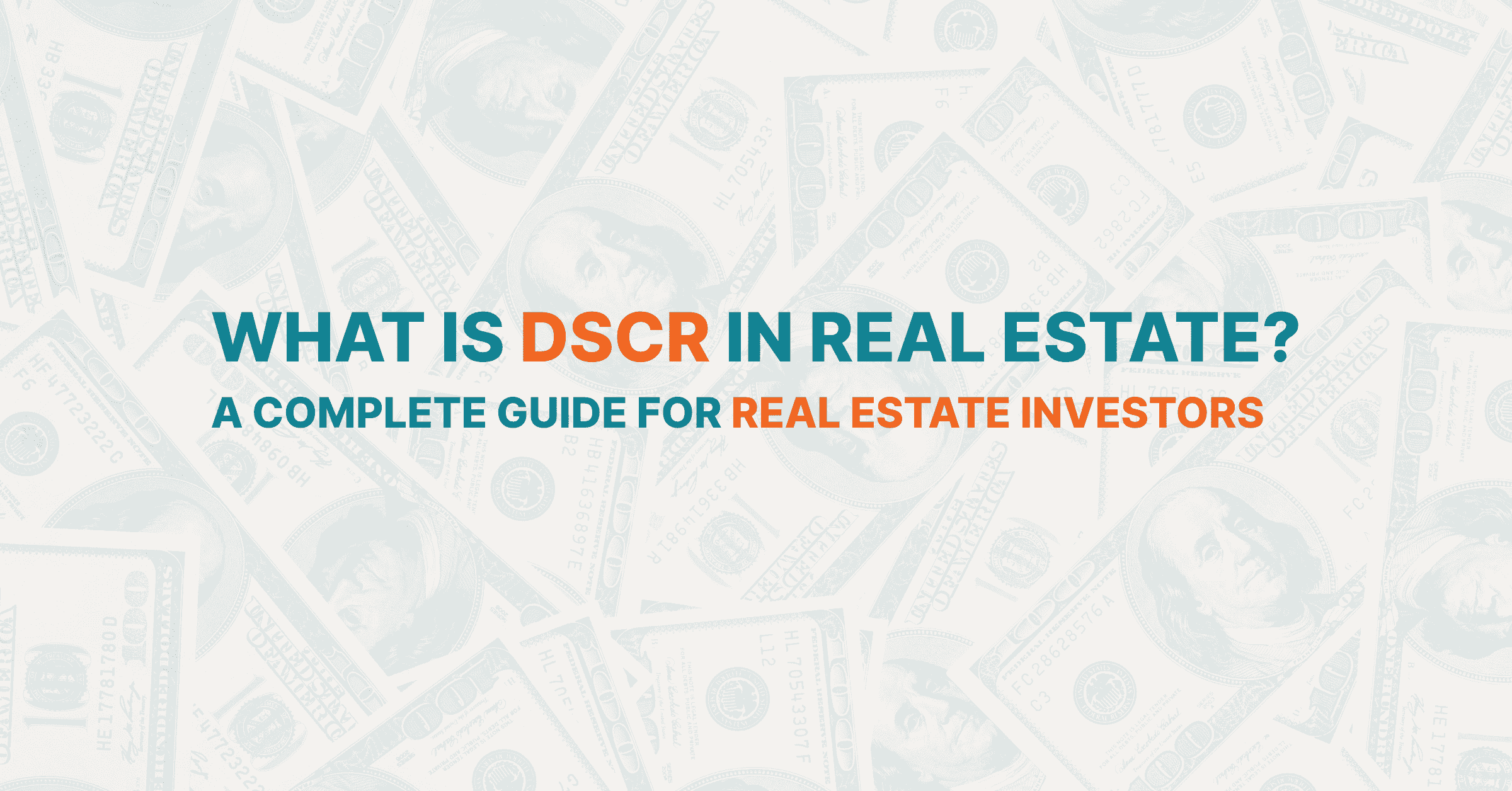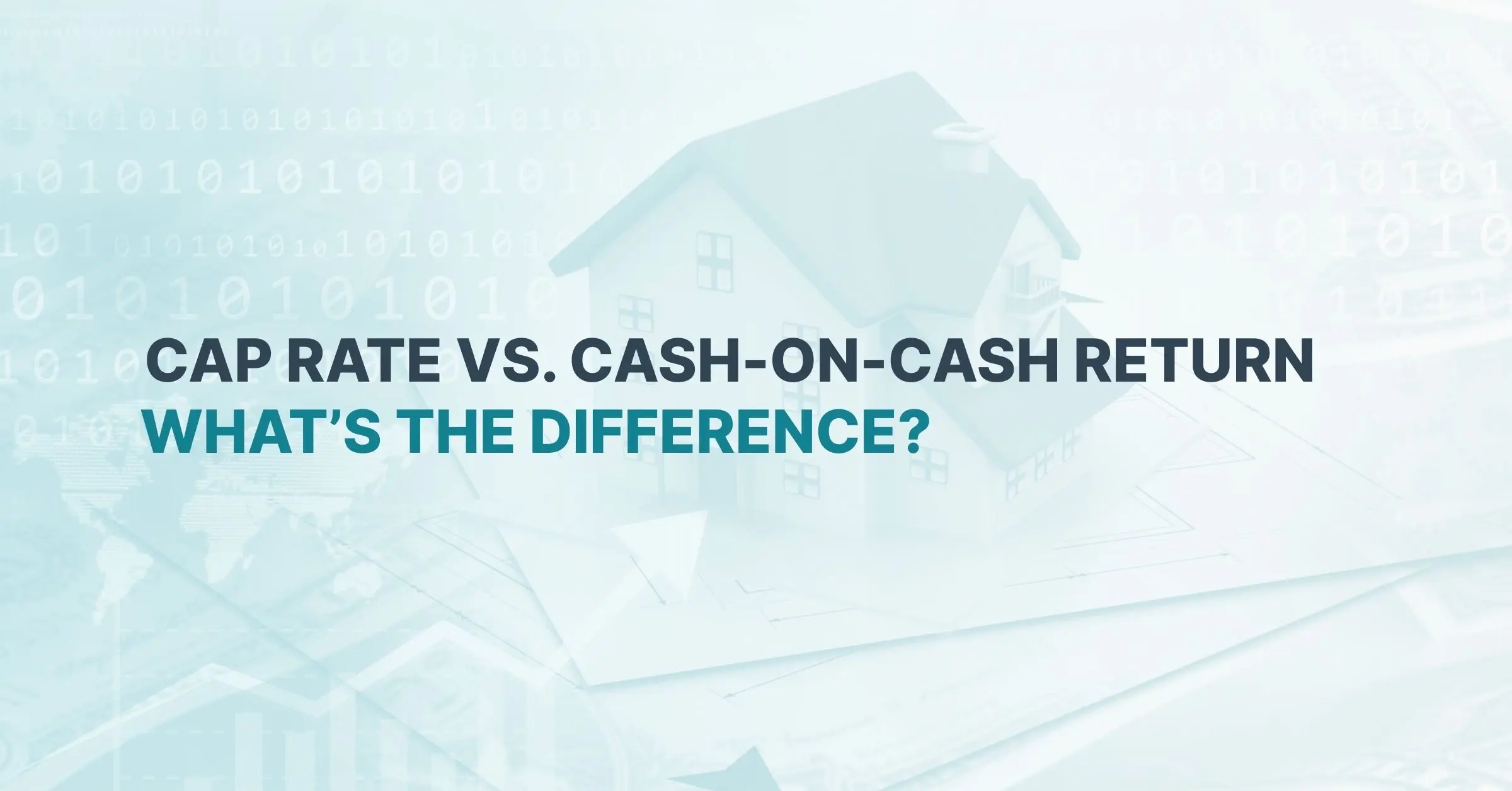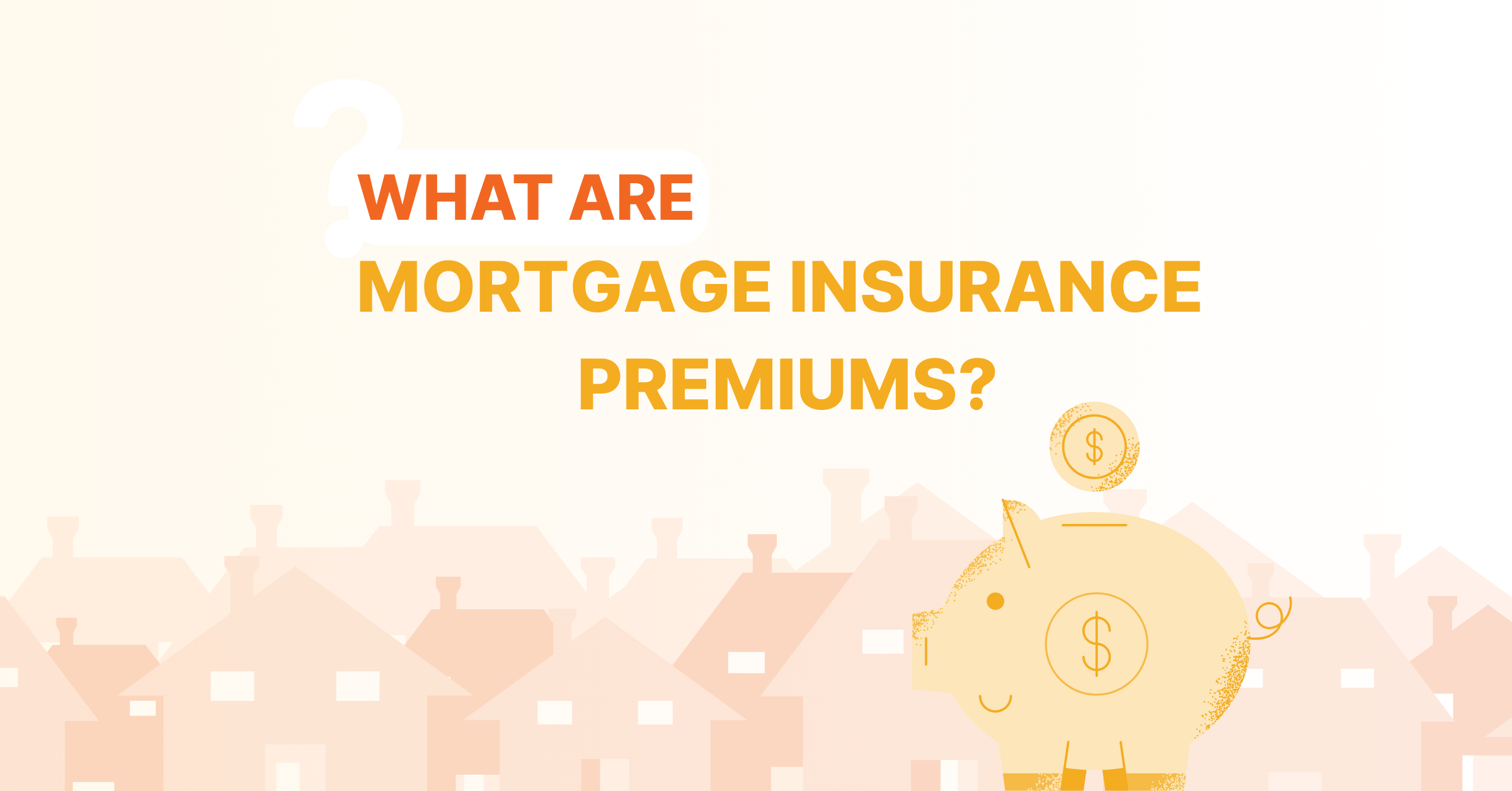⚠️ Important: PropStream does not offer financial advice regarding real estate crowdfunding. Before investing, we strongly recommend performing thorough research and contacting a financial and/or legal professional to protect your investment and ensure it’s the right avenue for your individual assets and goals.
It’s no secret that real estate can yield higher returns than other traditional types of investments, such as mutual funds or bonds.
But what if you don’t want to become a landlord? In that case, real estate crowdfunding might be worth looking into. Although it’s a relatively new investment method, it’s quickly becoming known as a more accessible, non-traditional way to get started with real estate.
How do you know if this method is suitable for you? Let’s explore what real estate crowdfunding is, how it works, and tips for getting started.
Key Takeaways:
Real estate crowdfunding is a non-traditional investment method that allows investors to pool money online to buy or share ownership of properties. It's an accessible way to enter the real estate market without actively managing properties.
Investors can find crowdfunding opportunities on various online platforms.
There are several types of crowdfunding, each offering distinct financial arrangements, influencing potential returns and risks.
Pros include accessibility, diversification, passive income, and higher potential returns. However, cons include being a relatively new investment method, associated fees, limited control over property management decisions, and potential illiquidity. Understanding these aspects helps investors make informed decisions.
What Is Real Estate Crowdfunding?

Real estate crowdfunding allows investors to pool their money through an online platform to buy a property or a share of a property.
This type of investing typically works best for people who want to invest in real estate but don’t want to own or manage properties actively. It’s also an attractive option for investors with limited upfront capital who want to diversify their real estate investments.
Crowdfunding real estate investments are growing in popularity—largely thanks to the JOBS Act. Before that legislation passed in 2012, investors were more limited in how they could promote crowdfunding opportunities. Now, investors can advertise online through social media and other online platforms, making opportunities more accessible.
How Does Real Estate Crowdfunding Work?
You can find crowdfunding opportunities on various online platforms, such as Fundrise, Arrived, EquityMultiple, or RealtyMogul.
Platforms typically offer detailed project profiles for you to analyze so you can decide if you want to add them to your portfolio. Many also provide fractional investing, which allows you to purchase a portion of one or more properties.
Almost all crowdfunding platforms charge fees, usually 1% to 4% of the money you invest.
Some examples include:
- Management fee: for ongoing management
- Advisory fee: for selecting projects and due diligence
- Origination fee: for sourcing and structuring the investments
- Disposition fee: for when the property is sold
- Membership fee: for premium subscriptions
- Early redemption fee: if you sell your shares before the holding period ends
Compared to many traditional investments, you generally don’t need a lot of cash to get started with real estate crowdfunding. Some ask for as little as $10 to start, while others require at least $10,000.
How you invest and receive earnings depends on the type of real estate crowdfunding you choose. Let’s explore a few of the most common types and how they work.
Types of Crowdfunding for Real Estate

Equity-Based
You own a percentage of the property based on how much you invest (like buying shares). As a result, you receive the same percentage of the rental income or profit from the property sale. This could lead to higher returns if the property does well—or more significant loss if it doesn’t.
Debt-Based
Your money goes toward a loan for developers or buyer-investors. You receive fixed interest payments as the borrower repays the loan.
Fund-Based
Your money goes toward purchasing the property, but you don’t own any equity. Instead, you earn money from dividends, interest payments, or part of the profits if the property is sold.
What’s the Difference Between Real Estate Crowdfunding and REITs?
There’s some overlap between REITs (real estate investment trusts) and crowdfunding. Both are ways to invest in real estate without actively managing or owning properties.
However, there are several important distinctions between the two, such as how they’re structured and how liquid investments are.
REITs structure: These companies own, operate, and finance properties that generate income. Investors can buy shares in these trusts, similar to mutual funds, and receive dividends from the rent.
Real estate crowdfunding structure: In contrast, crowdfunding sites match people who want to purchase or develop properties with a large pool of investors. People may use crowdfunding platforms to find investors because they can’t get a loan.
REITs liquidity: REITs are generally easier to buy or sell because they’re traded on major exchanges.
Real estate crowdfunding liquidity: Unlike REITs, you may not be able to sell your investment in real estate crowdfunding projects easily. You may have to pay a fee if you liquidate your investment early.
5 Tips for Investing in Real Estate Crowdfunding

- Do your research
Before joining a crowdfunding platform, make sure it’s reliable. You may want to look into how the platform works, the fees it charges, and whether you need to be accredited to join. See if you can find honest reviews from other investors, too.
Pay close attention to the liquidity of your investment. Some platforms charge a fee for liquidating your investment early.
Also, research individual projects before investing. Look into the property’s condition, the local market, potential return, and how experienced the developers and property managers are.
- Diversify your portfolio
Consider investing in multiple properties instead of just one. That way, if one of the properties fails, it won’t impact you as much. Diversifying may also help increase your overall return.
- Start small
If you’re new to real estate crowdfunding, consider starting small. Then, as you get more familiar with it, you can decide whether to increase your investment.
Accredited investors don’t have limits on how much they can invest. However, if you’re unaccredited, you may be limited in how much you can invest in crowdfunding within a 12-month span. The limits depend on your net worth and yearly income.
- Consult a financial professional
Before investing in real estate crowdfunding, talk to your financial advisor or CPA. They can help you determine if this is your best investment method based on your financial situation and risk tolerance. They can also help you understand how crowdfunding could impact your taxes.
- Stay informed
It’s a good idea to monitor your investments and stay updated on the platform’s policies and market trends. Don’t be afraid to contact a representative within the platform if you have any questions or concerns.
Pros and Cons of Real Estate Crowdfunding
Is real estate crowdfunding right for you? Here’s a brief look at the benefits and potential drawbacks.
Pros:
Accessibility: If you have limited cash, you can still invest without having to buy an entire property
Diversification: You can invest in multiple properties, mitigating the risk of losing money
Passive income: You don’t have to manage the properties directly, making it a low-effort way to earn money off of appreciation and rent
Higher potential returns: You may be able to earn higher returns than other types of investing, like mutual funds or stocks
Cons
Relatively new: It’s a fairly new way to invest, so there’s more to learn about its risks
Fees: Most platforms charge fees, especially with fund-based crowdfunding
Limited control: Compared to traditional real estate investing, you have less control over property management decisions
Illiquid investments: You may need to pay a fee if you cash out your investments early
Learn More About Real Estate Investing With Our Free PropStream Academy
If you found this article helpful, we offer a free PropStream Academy with bite-sized, interactive lessons to help you learn about several real estate investing topics!
Some of our most popular courses are:
|
Start learning today!
Psst! Don't forget to activate your 7-day free trial to follow along with the lessons 📚 |
FAQ
Is real estate crowdfunding a good idea?
The answer to this depends on each investor’s situation. However, real estate crowdfunding can be a great way to diversify your investments and get started with real estate without much money upfront. It’s relatively new, so investors should research and speak to a professional before investing.
How do you make money from real estate crowdfunding?
With equity-based crowdfunding, you own a portion of the property and earn a percentage of the rental income or sale profits. With fund-based crowdfunding, your money goes toward the purchase, and you receive fixed payments or interest. With debt-based crowdfunding, you lend to owner-investors or developers and then receive fixed-interest payments.
What’s an example of real estate crowdfunding?
Let’s say you find a $500,000 project with an opportunity for equity and quarterly distributions from rental income. If you invest $2,500, you would own 0.5% of the property. If the home generates an annual rental yield of 6%, you would receive 0.5% of that ($150). Let’s say the property sells for $650,000 five years later, and you receive your original investment back plus 0.5% of the profits ($750). In that case, your investment would’ve earned $1,500 over those five years—a 60% total return.




